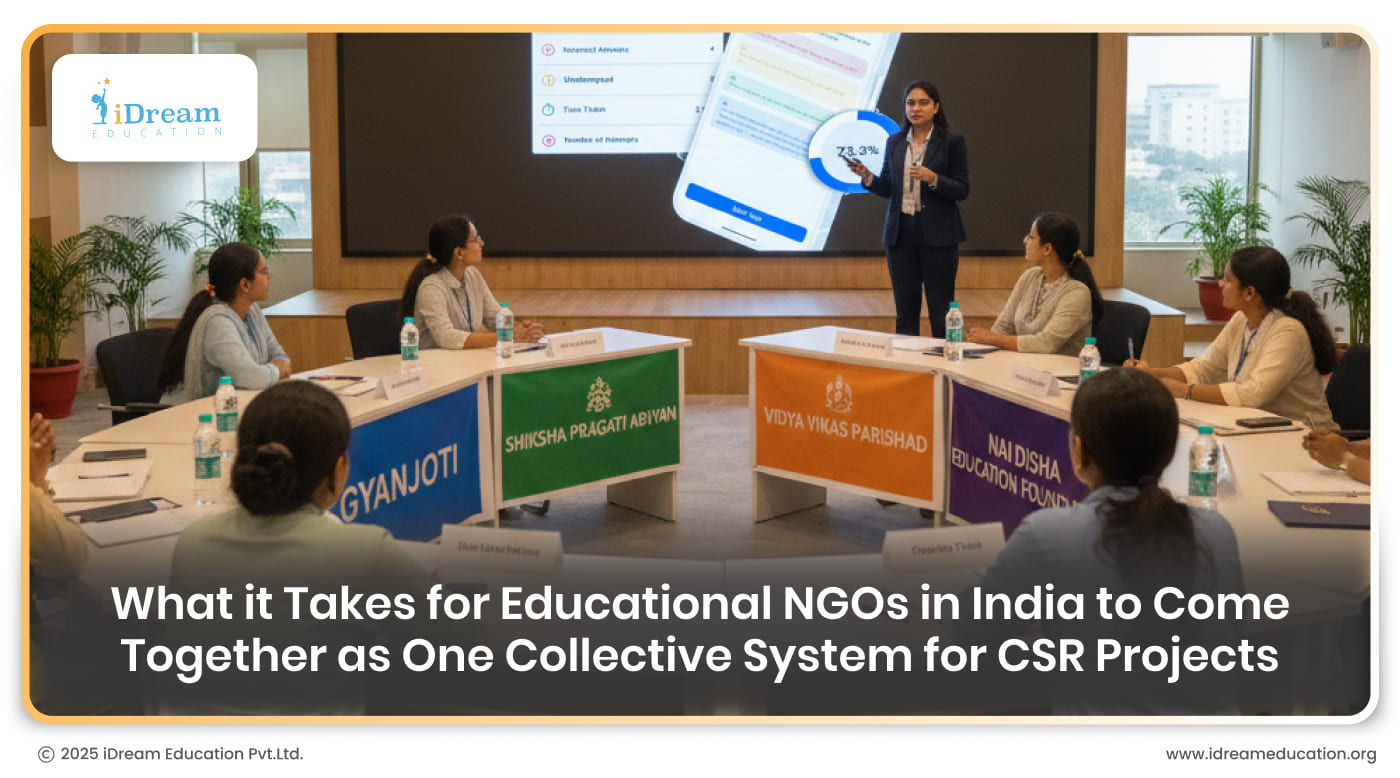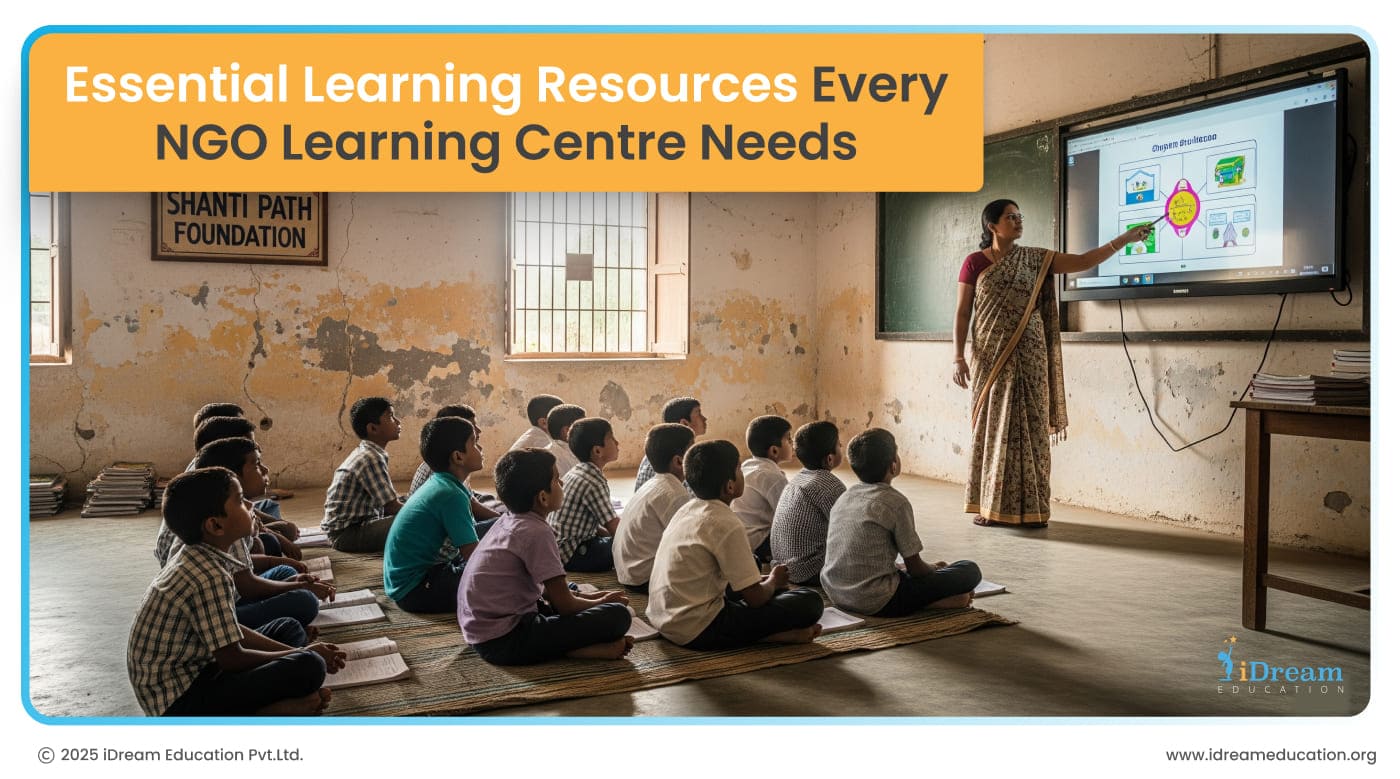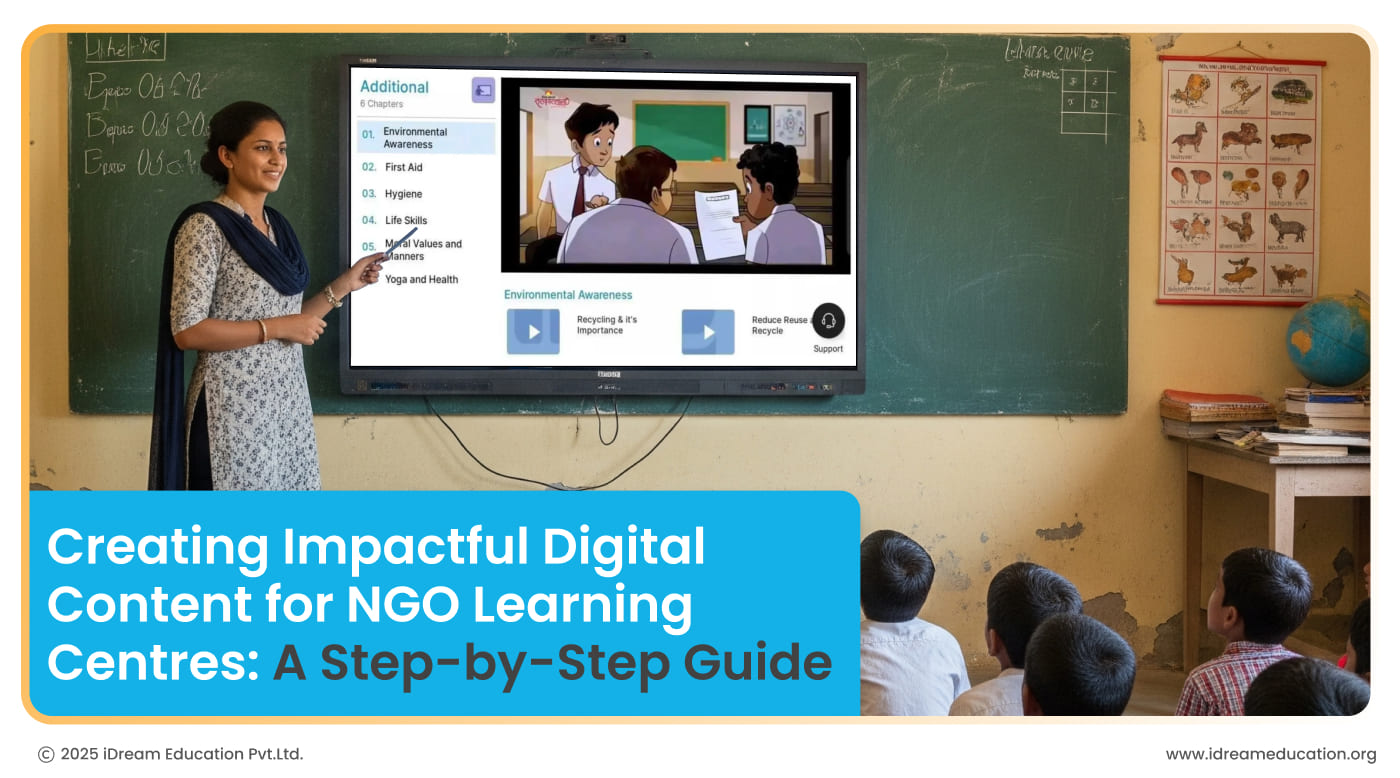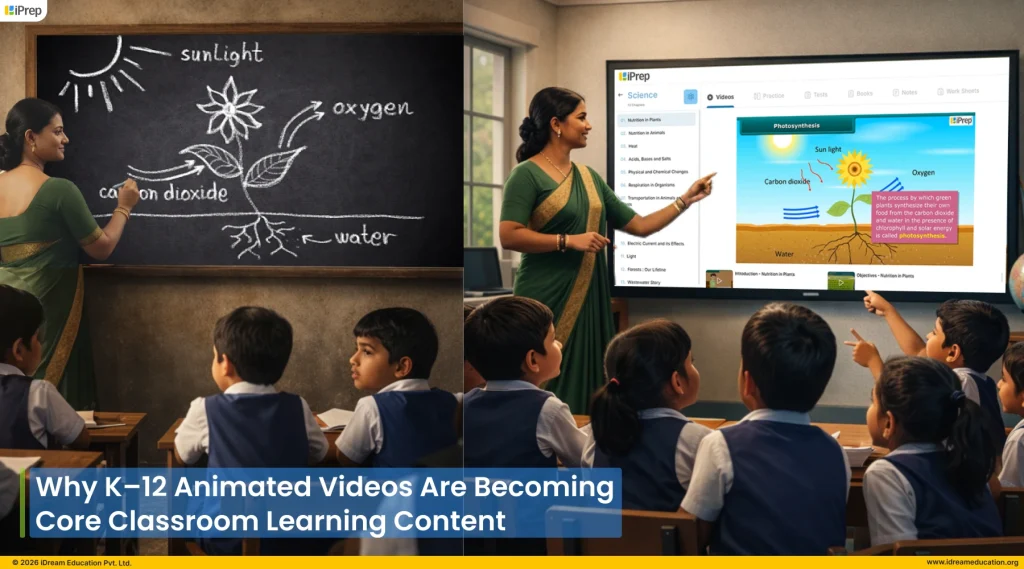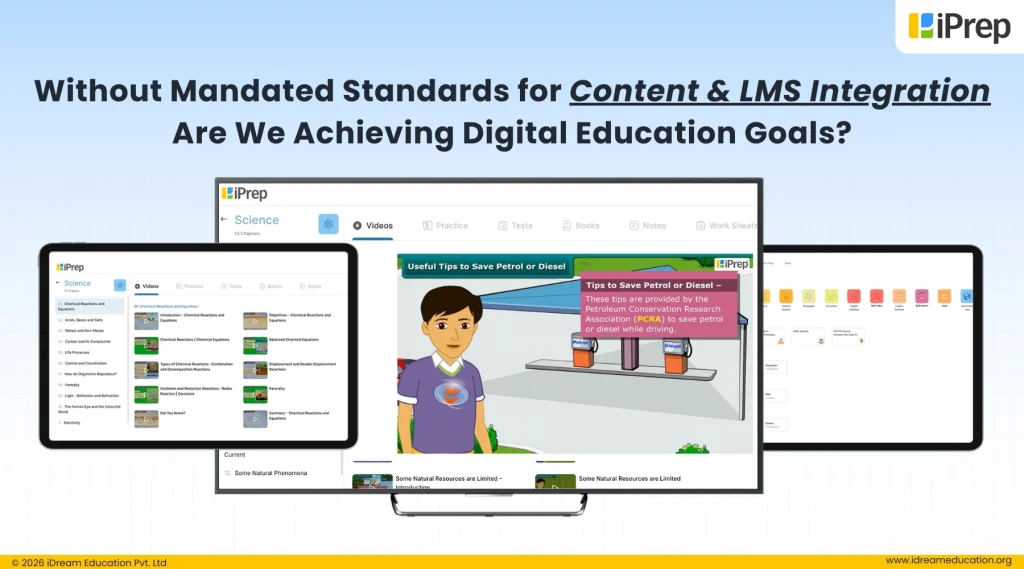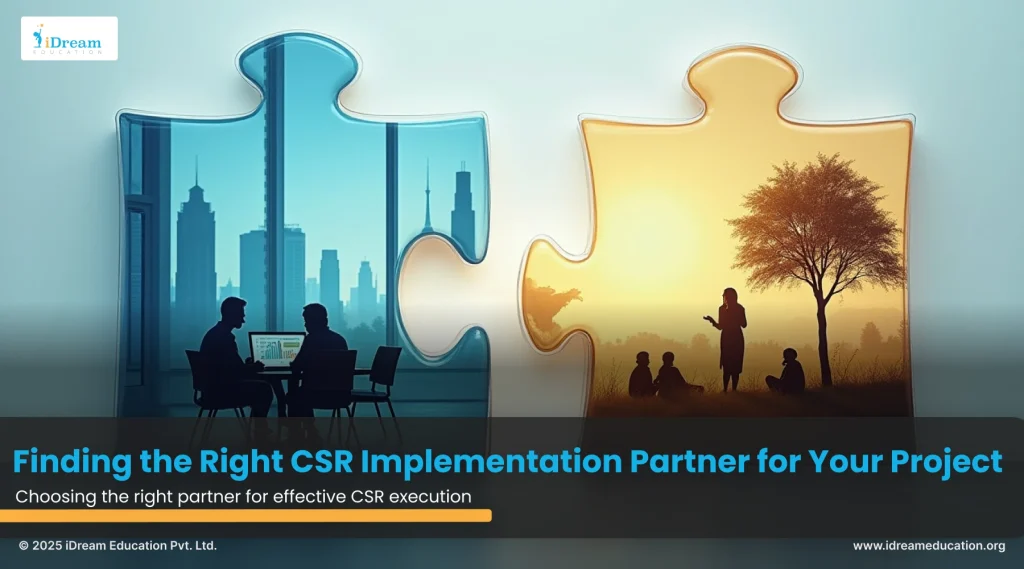
Finding the Right CSR Implementation Partner for Your Project
Finding the right CSR implementation partner is often the turning point between a project that simply meets compliance and one that transforms communities. In India, CSR projects touch diverse sectors from education to sustainability, and each requires partners who understand both the grassroots reality and corporate expectations. This guide explores how to identify trustworthy CSR project implementing agencies, the role of NGOs for CSR, and why education-focused collaborations are becoming the heart of impact-driven initiatives. Drawing from on-ground challenges, field insights, and policy alignments like NEP 2020 and Samagra Shiksha, we’ll map a practical approach to selecting partners who can turn vision into lasting change.
Why the Right CSR Implementation Partner Matters
Every CSR project begins with a vision of cleaner villages, better-equipped schools, skill centres buzzing with learners, or greener cityscapes. But a vision without the right CSR implementation partner is like a blueprint without builders. On paper, plans may look flawless. In reality, execution depends on local understanding, community trust, and the partner’s ability to adapt when things go off track.
Across India, CSR project implementing agencies vary widely. Some have decades of experience in rural health or renewable energy. Others specialise in technology integration for education or sustainable livelihoods. A mismatch between the company’s CSR goals and the partner’s expertise can result in underutilised funds, delayed timelines, and minimal on-ground change.
Challenges often emerge in unexpected ways. A skill development project may struggle because trainees cannot travel daily. A renewable energy installation might fail because local maintenance skills are missing. In education, introducing a Best digital library for schools without teacher training often leaves devices locked away, unused. These scenarios are common, but avoidable when partnerships are built with due diligence and field awareness.
The role of an effective partner is not just to deliver on a contract. It’s to anticipate hurdles, create culturally relevant solutions, and track impact with honesty. For instance, in CSR in India, partnerships with NGOs for CSR that already have deep community engagement often see higher participation rates and longer-lasting results. They bridge the gap between corporate planning rooms and the realities of rural streets or urban settlements.
Strong CSR partnerships also mean better alignment with compliance and reporting needs. With tighter CSR in business regulations, companies are expected to show measurable, transparent outcomes. A partner with robust monitoring frameworks can provide both evidence of change for annual CSR reports and valuable feedback for refining future strategies.
Inside India’s CSR Landscape: The Agencies Driving Real Impact
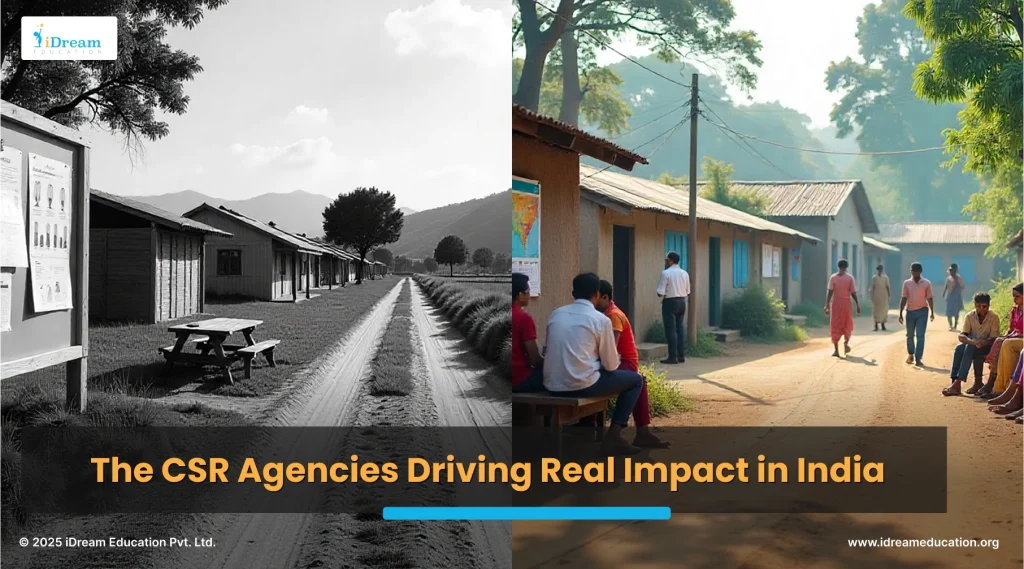
The ecosystem of CSR project implementing agencies in India is vast and layered. It is constantly evolving with diverse CSR project ideas. Some are large national NGOs with strong operations and multi-state networks. Others are small grassroots groups working quietly for decades in one district. Their local knowledge often far exceeds their digital presence.
Choosing between these is not just about scale. It’s about relevance. A corporate foundation investing in renewable energy should ideally work with partners that have technical expertise and prior field deployments in similar geographies. Likewise, a literacy project in a tribal belt needs an Education Based NGO that can navigate language diversity and cultural nuances while still meeting CSR compliance.
In CSR in India, companies also look at an agency’s capacity to align with larger developmental agendas. Whether it’s contributing to the best CSR programmes in sustainability or piloting innovative CSR programme idea models, the most effective agencies operate with a dual lens of community needs and corporate responsibility frameworks.
Sector expertise matters, but so does agility. A health-focused NGO may need to quickly pivot to disaster relief during a flood. An education partner might introduce offline content delivery education to reach rural areas with no internet access. A sustainability-focused team could integrate training programmes to ensure long-term use of solar installations. These shifts require partners who are not just service providers, but strategic allies.
The Human Bridge: How NGOs for CSR Connect Corporates to Communities
Between corporate boardrooms and remote villages lies a gap not just of geography, but of understanding. NGOs for CSR play the role of a translator, turning corporate intent into community action. They know how to introduce new initiatives without disrupting local rhythms and how to win trust before asking for participation.
An implementing partner for CSR brings more than manpower. They bring relationships, built over years of grassroots work, that can determine whether a programme thrives or fades. In urban slums, they may already be working on sanitation drives and can seamlessly integrate a clean water project. In rural clusters, the same NGO might run women’s self-help groups that can double as micro-enterprise training hubs.
Education remains a major draw for corporate funding, and an education NGO in India often doubles as a skills hub, digital literacy trainer, and community resource centre. However, CSR in business today extends far beyond classrooms. Partners with multi-sector experience can integrate climate action, healthcare, and livelihood projects into a single cohesive plan.
Real-world experience matters. When a company invests in a Digital Library for Education in an underserved district, an experienced partner will anticipate the need for electricity backups, teacher training, and monitoring tools. Similarly, a clean energy project will be planned with local maintenance teams in mind to ensure sustainability long after installation.
The best partners measure their success not by the number of activities completed, but by the changes that remain years later. They know that in CSR in sustainability, planting trees is easy, but ensuring their survival through community ownership is the real achievement.
Choosing Wisely: Strategies for Selecting the Right CSR Partner
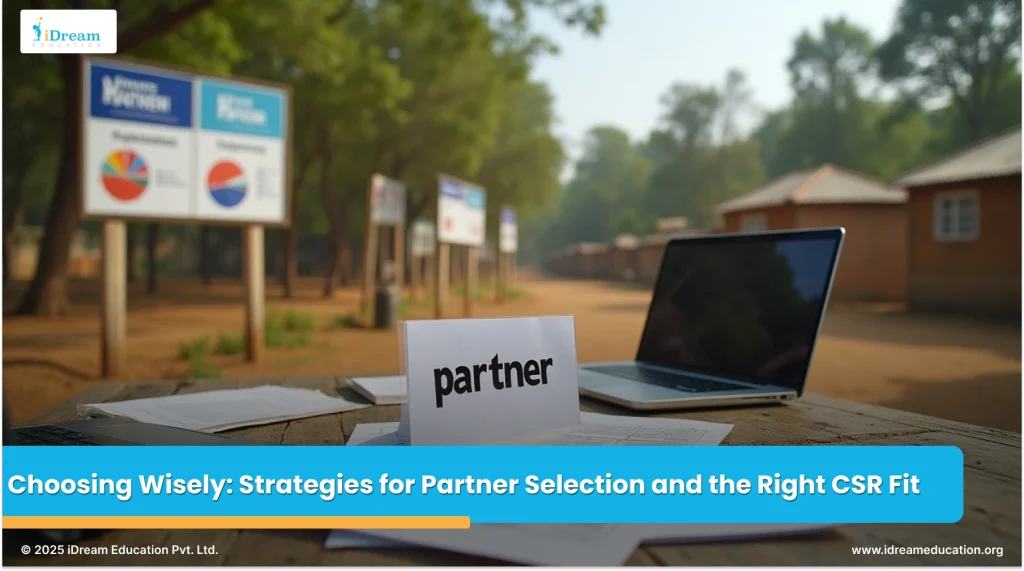
Finding the right CSR implementation partner starts with clarity, knowing exactly what you want to achieve and what kind of expertise it requires. Too often, companies start with a budget and a broad goal but skip the groundwork of mapping community needs. This is where mismatches occur, leading to delays or underwhelming results.
One of the most effective strategies is to begin with a due diligence checklist. This includes reviewing an agency’s past projects, verifying legal and compliance records, and assessing its ability to deliver at scale. If your project involves technology or infrastructure, is the partner equipped to manage the deployment effectively? If you’re investing in renewable energy, does the agency have trained engineers on staff?
Alignment with national priorities also matters. For instance, partners who understand NEP 2020 CSR education can help education-focused projects fit into broader reforms. Similarly, familiarity with government initiatives can speed up work in public sector projects. In some cases, knowledge of environmental or sector-specific implementation can help tap into existing government programmes for co-funding or technical support.
Risk management is another key factor. Strong partners anticipate and plan for challenges, whether that means integrating offline content delivery education for rural internet blackspots or ensuring local language content for a community outreach programme.
Finally, think beyond delivery. The most impactful CSR in India comes from partners who see projects as long-term investments. They design for sustainability, hand over ownership to the community, and measure not just outputs but outcomes. Whether it’s a smart class for CSR in a district school or a skill centre for unemployed youth, success is measured by the lives transformed, not just the funds spent.
From Compliance to Transformation: Linking CSR in Business to Lasting Change
For many companies, CSR in business began as a compliance requirement. Over time, it has become a strategic tool, a way to build trust, strengthen brand reputation, and create measurable social value. The difference between a project that just ticks boxes and one that changes lives often lies in the strength of the partnership behind it.
In sustainability-focused initiatives, for example, an effective partner doesn’t just install solar panels. They build solar power-enabled classrooms to enable green learning schools, train local technicians, establish maintenance funds, and integrate the project into the community’s livelihood. In education projects, providing resources or infrastructure is only the first step. Without a strategy for teacher adoption, ongoing training, and student engagement, the initiative risks becoming ineffective over time.
Companies that succeed in long-term impact often choose partners who can weave together multiple needs. A clean water project might also involve community health education. A livelihood programme might incorporate digital skills training using a digital library provider. This multi-dimensional thinking ensures that investments remain relevant even as community needs evolve.
Some of the best CSR programmes in India have achieved this by aligning their work with government and policy frameworks. By understanding schemes like PM Shri Boq processes or PM Shri vendor checklist requirements, CSR partners can integrate projects into larger developmental pipelines, ensuring longevity and scalability.
The real transformation happens when CSR becomes part of the company’s DNA, influencing procurement, operations, and even product design. In such cases, the choice of a partner is not just about delivering a project, but about finding a co-creator in social change.
A Practical Checklist for CSR Project Success
Selecting the right CSR implementation partner is easier when you break it down into clear steps. This checklist blends on-ground realities with corporate priorities, helping you avoid common pitfalls.
- Define the impact you want.
Before looking at partners, map out the change you aim to create. Whether it’s setting up a clean energy hub for villages or improving healthcare access, clarity will guide every choice. - Match expertise to your vision.
If your focus is education, an education NGO for CSR with relevant experience might be best. For larger technology rollouts or infrastructure projects, assess if the agency has a proven history of delivering at scale. - Understand the ecosystem.
Projects grow stronger when they align with government policies and schemes. Check how your partner can integrate work with ongoing initiatives or adapt to CSR in sustainability goals. - Allocate funds smartly.
Knowing where to spend the CSR budget prevents scattered investments. For instance, an education-based NGO might also offer vocational training, multiplying the impact of your funds. - Build for sustainability.
The most impactful partners design projects that communities can own. This may involve creating a maintenance plan for the infrastructure or ensuring that ongoing capacity-building is in place. - Measure and adapt.
Strong partners provide honest reporting, not just numbers, but stories of transformation. This feedback loop ensures that each phase of the project grows stronger than the last.
When companies follow such a framework, they not only meet compliance but also create legacies. And in a fast-changing India, legacy matters.
Turning Partnerships into Legacies
Every CSR project leaves a footprint. The question is, will it fade with time or grow into a path that others follow? Choosing the right CSR implementation partner is not just about executing a plan; it’s about shaping a story that will be told years later.
Great partnerships turn compliance into community pride. They turn budgets into livelihoods, policies into practice, and ideas into visible change. They adapt to challenges, respect local voices, and see success not in the number of deliverables, but in the lives touched.
Across India, from remote villages to bustling cities, the most enduring CSR stories are written by teams who worked side-by-side corporate visionaries and grounded partners, each respecting the other’s strengths. Whether it’s building a Smart Classroom solution, installing solar microgrids, creating digital access, or restoring local ecosystems, the legacy is shared.
In the end, CSR is less about projects and more about people. The right partner doesn’t just deliver; they belong to the mission as much as you do. And when that happens, the work doesn’t stop when the funding ends, it continues, carried forward by the very communities it was meant to serve.
Closing Thoughts
Impactful CSR is built on trust, shared vision, and the right partnerships. When companies invest time in selecting partners who understand both strategy and community, projects have a better chance of creating change that lasts. Whether your goal is sustainability, education, healthcare, or livelihoods, the right partner can turn ambition into measurable impact.
If you are exploring how to make your next CSR project truly meaningful, start with the people who can bring your vision to life on the ground. A well-chosen CSR implementation partner will not only deliver results but also help your organisation build a legacy of responsible and transformative action.
If you are a CSR leader or a corporate foundation looking to drive real social impact, collaborate with experienced partners who understand both the policy framework and on-ground realities. Together with the design and implementation of CSR programmes that are impactful, efficient, and sustainable.
To learn more, you may contact us at +917678265039.
You can also share your details here or write to us share@idreameducation.org.


